The basics of a slow-carb diet involve limited foods to be eaten for 6 days with 1 free day every week.
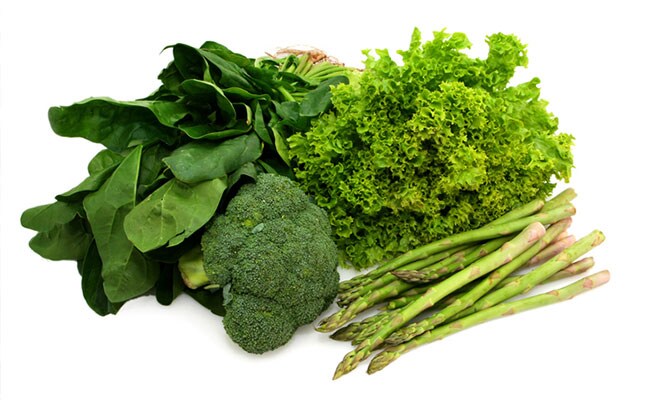
The first rule of slow-carb diet is avoiding white carbs
HIGHLIGHTS
- A slow-carb diet is similar to ketogenic diet in terms of low carb intake
- Slow-carb diet involves eating a lot of protein and little or no carbs
- No fruits are allowed apart from tomatoes and avocados
Created by Timothy Ferris, a slow-carb diet focuses on low intake of carbohydrates. Author of The 4-Hour Body, Ferris says in his book that the key to rapid weight loss is by looking after the three important factors - diet, exercise and supplements. A slow-carb diet is similar to ketogenic diet in terms of low carb intake. The basics of a slow-carb diet involve limited foods to be eaten for 6 days with 1 free day every week. Read more to know all about slow-carb diet.
The diet is basically about maximising results by applying minimum amount of work. As mentioned above, for 6 days you need to eat in limited amounts. You need to limit your diet to four meals in a day avoid eating refined carbs, fruits and high-calorie foods as much as possible.
Also read: Keto Diet For Weight Loss: Who All Can Follow And Why? Our Expert Tells
Just as it is instructed in the ketogenic diet, the slow-carb diet too involves eating a lot of protein and little or no carbs to increase breakdown of fat and feeling of fullness.
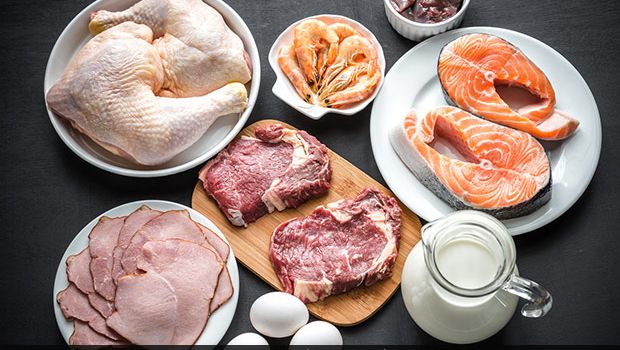
Slow-carb diet- Eat more proteins
Photo Credit: iStock
Rules of slow-carb diet
1. The first rule of slow-carb diet is avoiding white carbs
2. Processed carbs which are made from refined flour like breads and pastas should be avoided in a slow-carb diet.
3. Eat the same meals again and again
4. In his book, Ferris stresses on the fact that only a few foods are capable of encouraging weight loss. Thus, in a slow-carb diet, you need to eat the same meals by mixing and matching different foods from different food groups.
5. Avoid drinking calories: Under the slow-carb diet, you need to drink lots of water throughout the day, every day. Other drinks include unsweetened and low-calorie drinks. Since beverages provide little or no nutritional value, it is better to eat your nutrients than drink them.
6. Avoid fruit: A balanced diet would ideally include fruits, but a slow-carb diet suggests avoiding fruits in case you are trying to lose weight. The reason behind this is fructose content in sugar, which can contribute to delaying the weight loss process.
7. Take a day off every week: Under the slow-carb diet, you can allow yourself one off day or as you would call cheat day, where you can eat whatever you want. You can eat whatever foods and beverages you want without fearing that you will gain the lose weight back again. 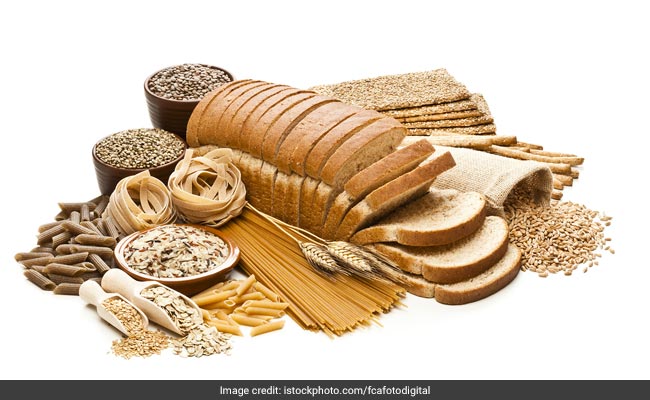
Slow-carb diet: Avoid white carbs
Photo Credit: iStock
What foods can you eat in a slow-carb diet?
Proteins, legumes, vegetables, fats and spices are included in the 5 food groups in the slow-carb diet.
1. Proteins include 1-2 egg whites, chicken breast or thighs, fish, pork, beef and lactose-free unflavoured whey protein powder.
2. Legumes include lentils, black beans, soy beans, pinto beans and red beans.
3. Under vegetables, spinach, broccoli, cauliflower, Brussel sprouts, kale, asparagus, peas and green peas can be consumed.
4. Fats include olive oil, butter, almonds, ghee and 1-2 teaspoons of creamer in a day.
5. Among the spices, you can have salt, garlic salt and herbs.
Also read: Going On A Low-Carb Diet? Here's What You Must Know Before Starting
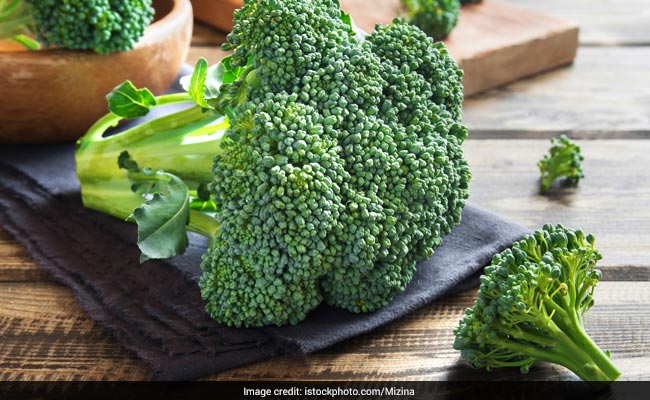
Slow-carb diet: Eat broccoli
Photo Credit: iStock
Foods to avoid in slow-carb diet
1. Fruits, fried foods and dairy should be avoided in a slow-carb diet.
2. Supporting supplements: According to the slow-carb diet, there are a few supplements that are suggested. These supplements include replenishing electrolytes with potassium, calcium and magnesium supplements. Green tea flavonoids and garlic extract are also adjusted.
Foods that are allowed
Eating veggies and fats are recommended in slow-carb diet. Diet soft drinks too are allowed in small quantities. 2 glasses of red wine on diet days are allowed along with canned foods. While meat is highly recommended, it is not entirely essential to have meat.

Slow-carb diet: 2 glasses of red wine are recommended
Photo Credit: iStock
Foods that are not allowed
In slow-carb diet, no fruits are allowed apart from tomatoes and avocadoes. You should eat your meals in large enough portions to avoid snacking. Dairy products, barring cottage cheese, is not allowed.
Few special foods that you can have in slow-carb diet
1. If you feel hungry at night, you can have 1 or 2 tablespoons of almond or peanut butter. Try to choose products which come without any additives.
2. To keep your blood sugar levels under control, you can have freshly squeezed lemon juice and cinnamon.
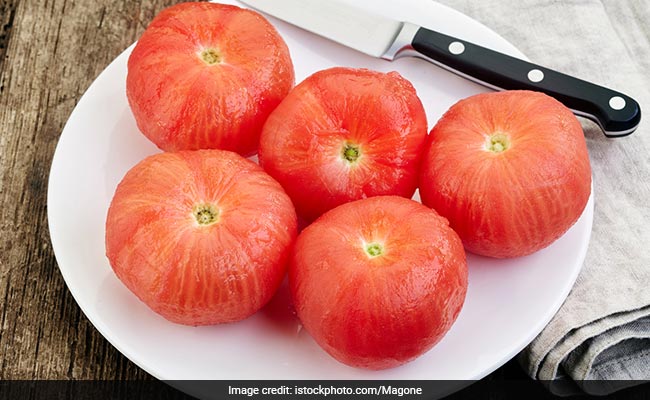
Slow-carb diet-Only avocados and tomatoes are allowed
Photo Credit: iStock
Also read: What Is Carbohydrate Loading: Who Needs It And Why? Our Expert Explains
A few tips on eating
1. Meal timing is an important aspect of slow-carb diet. Breakfast should be consumed within an hour of waking up. Post breakfast, every meal should be consumed in a gap pf 4 hours.
2. Foods that are high in calories such nut butters should be consumed in limited quantities.
3. It is important to eat enough protein in every meal.
4. Make sure you eat protein-rich breakfast even on your cheat days.
5. Eat slowly and chew your food properly. Take at least 30 minutes to eat your meals. This helps in lowering down your glycemic response to the food you eat.
6. In a slow-carb diet, you are supposed to eat until you feel full. Do not count your calories and eat enough to satiate your hunger.
7. When eating out, try eating vegetables and beans instead of plain carbs like rice or pasta.
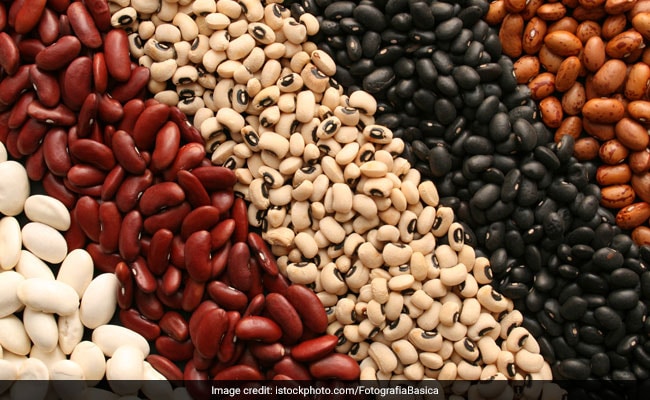
Slow-carb diet- Eat more beans
Photo Credit: iStock
8. When you are in a rush, eat basic foods like frozen eggs, tuna, etc.
9. Avoid exercising too much. Under a slow-carb diet, it is more than enough to exercise 2 to 3 times in a week for about 30 minutes.
Disclaimer: This content including advice provides generic information only. It is in no way a substitute for qualified medical opinion. Always consult a specialist or your own doctor for more information. NDTV does not claim responsibility for this information.
DoctorNDTV is the one stop site for all your health needs providing the most credible health information, health news and tips with expert advice on healthy living, diet plans, informative videos etc. You can get the most relevant and accurate info you need about health problems like diabetes, cancer, pregnancy, HIV and AIDS, weight loss and many other lifestyle diseases. We have a panel of over 350 experts who help us develop content by giving their valuable inputs and bringing to us the latest in the world of healthcare.














